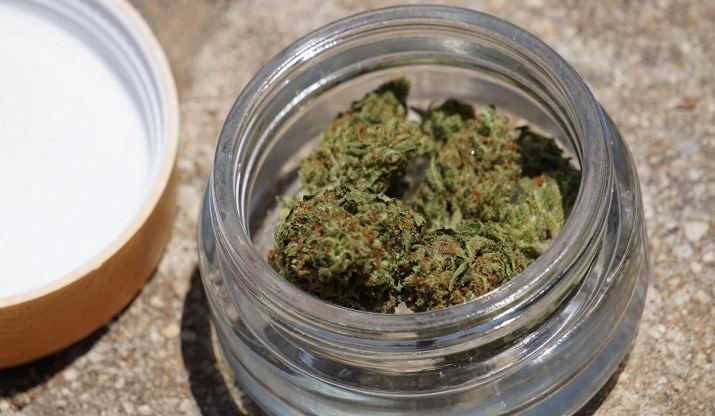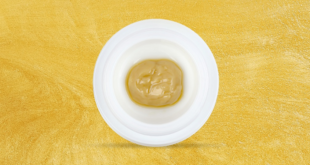
Claims that marijuana use is single-handedly linked to the future use of controlled substances aren’t supported, according to a new study.
“[P]olitical discourse advocating marijuana prohibition commonly hinges on the assumption that marijuana causes hard drug use,” NORML reported. “The MGH [marijuana gateway hypothesis] is by far the most common justification for prohibiting the use of cannabis. However, the current study provides further evidence that common liability arguments are more in line with substance use patterns observed in the USA.”
Researchers affiliated with Boise State University analyzed the relationship between self-reported cannabis use in late-adolescence and the use of illicit substances later in life in a nationally representative sample.
The researchers concluded: “In sum, the findings from the current study … provide further support of previous research questioning the causal claims of the MGH. While there is strong support for correlation and sequencing in marijuana and hard drug use, correlation and sequencing alone cannot provide sufficient evidence for causality. Factors other than marijuana use such as genetic predisposition, peer associations, or access to the illicit drug market could be the primary causes of hard drug use instead of marijuana use itself. As such, any public policy that prohibits the use of marijuana in an attempt to curb hard drug use is unlikely to succeed.”
 AZ Marijuana Arizona Marijuana Info
AZ Marijuana Arizona Marijuana Info






